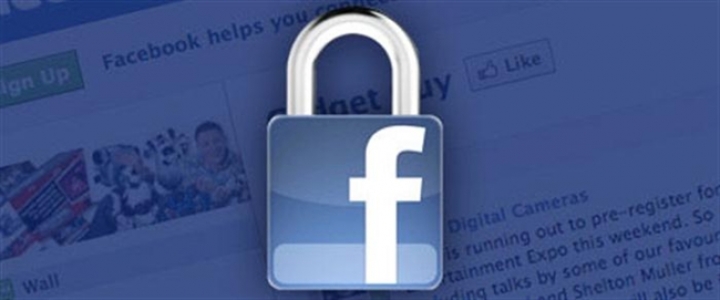Facebook surprises its users with the option to add the popular “PGP Encryption” key to their profiles. Facebook PGP encryption comes as a new security feature to reinforce the security of the giant social network giving Facebook users the ability to encrypt their sensitive emails for the first time, such as: Facebook password reset emails and notifications, and stay safe from prying eyes. Facebook explained in a blog post:
“Today we are gradually rolling out an experimental new feature that enables people to add OpenPGP public keys to their profile; these keys can be used to ‘end-to-end’ encrypt notification emails sent from Facebook to your preferred email accounts. People may also choose to share OpenPGP keys from their profile, with or without enabling encrypted notifications.”
The company’s move to add a powerful encryption program to its network comes in response to the war on privacy launched by world governments to spy on their citizens. It’s quite obvious that Facebook cares about the safety of its users and their right to have a secure and a private social environment on the internet.
“It’s very important to us that the people who use Facebook feel safe and can trust that their connection to Facebook is secure; for instance this is why we run connections to our site over [encryption standard] HTTPS with HSTS, and why we provide a Tor onion site for people who want to enjoy security guarantees beyond those offered by HTTPS.” Facebook explained.
Advantages of Facebook PGP Encryption
 Facebook PGP encryption, short for Pretty Good Privacy, uses PGP which is the top dog of open encryption programs for emails and messaging apps that is used most commonly by activists and journalists to exchange highly sensitive information in complete privacy evading monitoring and surveillance protocols. This means that your emails (sent and received) including your sensitive information are supremely encrypted and can be only read by the people they are sent to, leaving no room for the police, governments or any third party to spy on your emails no matter how hard they try. PGP “works by using two keys — a public one, that serves as an address, and a private one that works like a password.”
Facebook PGP encryption, short for Pretty Good Privacy, uses PGP which is the top dog of open encryption programs for emails and messaging apps that is used most commonly by activists and journalists to exchange highly sensitive information in complete privacy evading monitoring and surveillance protocols. This means that your emails (sent and received) including your sensitive information are supremely encrypted and can be only read by the people they are sent to, leaving no room for the police, governments or any third party to spy on your emails no matter how hard they try. PGP “works by using two keys — a public one, that serves as an address, and a private one that works like a password.”
“For our implementation we have chosen to use GNU Privacy Guard – “GPG” – a widely used and free implementation of the OpenPGP standard. Facebook is a supporter of GPG and we encourage others to support GPG as well, ” Facebook continued.
“Giving the public key to Facebook thus solves two problems: it lets the site encrypt users’ emails, and it also aids dissemination of public keys. Gnu Privacy Guard (or GPG), the specific version of PGP that Facebook has chosen to use, remains a notoriously difficult tool to employ, and it seems unlikely the encryption options will be widely used in the near future.”


